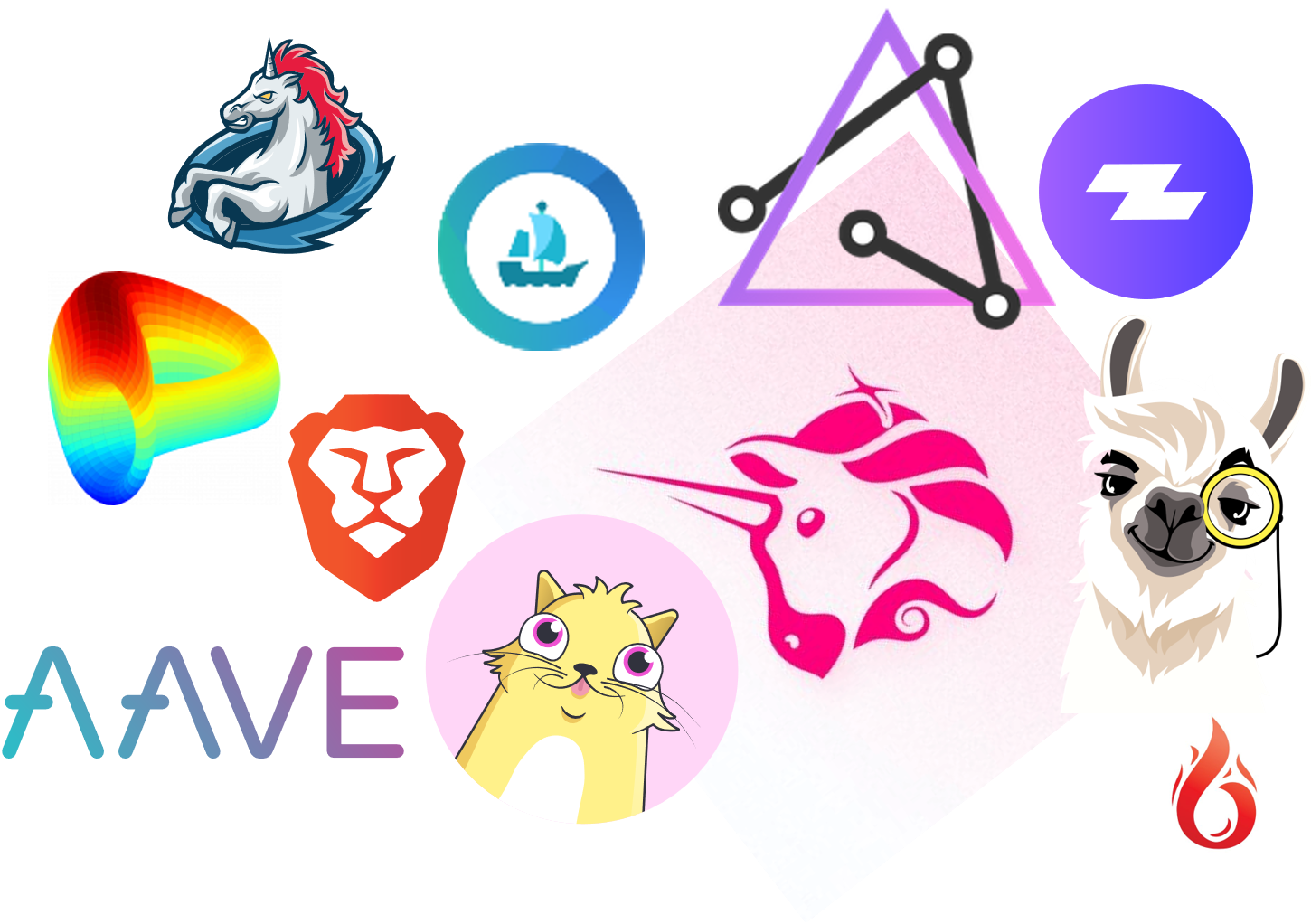362 reads
Scouting for Unicorns in a Sea of dApps
by
September 23rd, 2020
Runs Regular.li, TheCryptoUncle | Mods Parachute, Hedgey, ParJar | Advises NamastePunks
About Author
Runs Regular.li, TheCryptoUncle | Mods Parachute, Hedgey, ParJar | Advises NamastePunks
